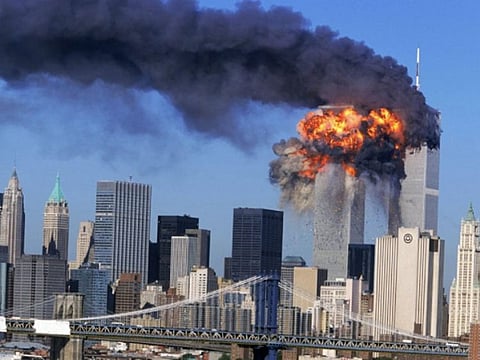Twenty years on, lessons of 9/11
An exhausted world is trying to emerge from an array of calamities

Twenty years after the Sept. 11 terrorist attacks on US soil, it is worth asking ourselves if the world is a safer place. The strikes on the World Trade Centre were carried out to ostensibly send out a message, the actions that followed were meant to correct a wrong.
What 9/11 and its aftermath have achieved is an open book for all to read — innocent lives lost, billions of dollars spent to keep us safe and to fight the enemy, conflicting ideologies that jostle for space in an already crowded world.
The United States has spent more than $8 trillion and caused about 900,000 deaths in the 20 years since 9/11, according to estimates by the Costs of War project at Brown University, which said it did not factor in the “high societal costs”.
In Afghanistan, there are fears of what the new Taliban government will be like, the freedoms they will allow and how they will rebuild a torn country.
Who will take responsibility for the state of the world today?
Violence begets violence. This is a lesson that history has taught us through the ages, yet we are slow to learn this truth.
We need statesmen who can motivate people to work towards peace, not war, strive towards prosperity, not destruction. This is the time for world leaders to stick their necks out and break the chain of hate and violence — however unpopular the idea may seem.
Making the world a safer place should not be the sole responsibility of people in charge of governments, it must begin at home. It must be taught to children at the dinner table, in schools, at the playground. It must be learnt from films, read in books, instructed in places of worship.
Striving for peace must become a way of life. There is no hope for a world that is torn asunder by divisions of religion and culture but to work towards a more humane society where people respect each other for who they are.
The attacks of Sep. 11 have taught us about the futility of violence and irrational behaviour.
Twenty years on, for a new generation that has grown up in the shadow of increased technological surveillance and mass displacements of people, the question that looms is different — will the world be a better place?
Our children deserve a better world — one where, as Rabindranath Tagore states, the mind is without fear and the head is held high, where people are free to express their thoughts, where there is food to eat and a home to rest the body.
We owe this to our children.
Twenty years hence, we should not be looking back with derision but with contentment at what we have achieved.



